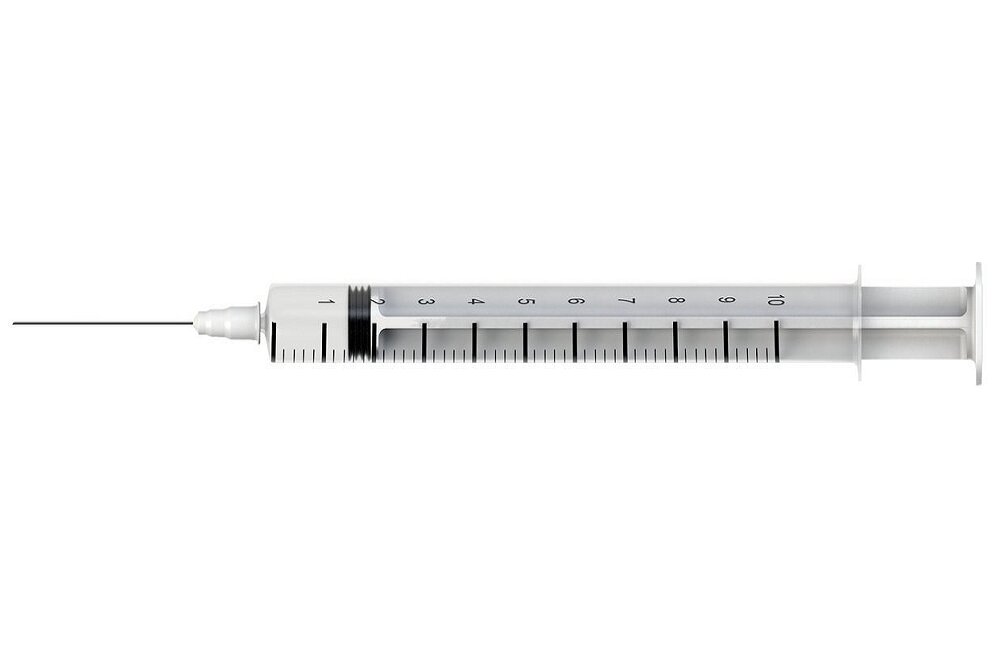A new hydrogel developed by French researchers can reduce the need for injections for people with diabetes to once a month.
According to RCO News Agency, Injecting required medications is a very important issue for people with diabetes that should never be neglected, but sticking to a regular injection schedule can be difficult for many people with diabetes.
According to Medical Express, French researchers have developed a new drug delivery system that can reduce the injection schedule needed by people with type 2 diabetes and the weight control drug semaglutide to once a month.
Dr. Claire Mégret, a member of ADOCIA Biotechnology Company, a hydrogel manufacturer and the senior researcher of this project, said: “Glucagon-like peptide 1 receptor agonist” (GLP-1) drugs have changed the care of type 2 diabetes, but Weekly injections can be burdensome for patients. A monthly vaccination can help people with diabetes or obesity stick to their medication regimen. It can also improve the quality of life of these people and reduce the side effects of diabetes.
Semaglutide works by mimicking the hormone GLP-1 and is currently approved for the treatment of patients with type 2 diabetes who have inadequate blood sugar control and long-term weight management.
Clinical trials show that adherence to injectable semaglutide is between 39% and 67% for patients with type 2 diabetes at one year, and 40% for patients taking the drug for weight loss. Similarly, adherence to the daily oral tablet formulation is about 40% at one year. Long-acting delivery formulations can increase drug efficacy and safety by maintaining constant drug levels in the body at regulated concentrations.
The new hydrogel drug delivery platform uses two innovative degradable polymers that are chemically linked together to form the hydrogel but allow the slow and stable release of the soluble peptides over one to three months.
To determine the best option, several hydrogel formulations were tested in vitro to evaluate drug release rate, duration of action, and semaglutide loading. The researchers found that the hydrogel could be easily injected using a needle. Moreover, the hydrogel started to form within a few minutes after incorporation and was able to guarantee sufficient time for injection.
Investigations on drug release in laboratory conditions for all formulations showed a long and stable release rate during one to three months. Also, the researchers found that the release duration can be tuned by adjusting the hydrogel properties and loading.
The hydrogel-semaglutide formula was evaluated on 6 laboratory mice. A single injection hydrogel-based therapy in mice showed early release and regular release over a 1-month period.
The important point was that the hydrogel was not associated with any inflammatory reaction during the treatment period and the mice tolerated it well.
“Our preclinical results show that regular and slow release of semaglutide within one month after administration of a single dose can be achieved with early release,” Megre said. In the next stage of our research, we will test the hydrogel on pigs, whose skin and endocrine system are similar to humans. If this trial goes well, we will advance the development of the hydrogel with clinical trials in the next few years.
end of message
RCO NEWS

















